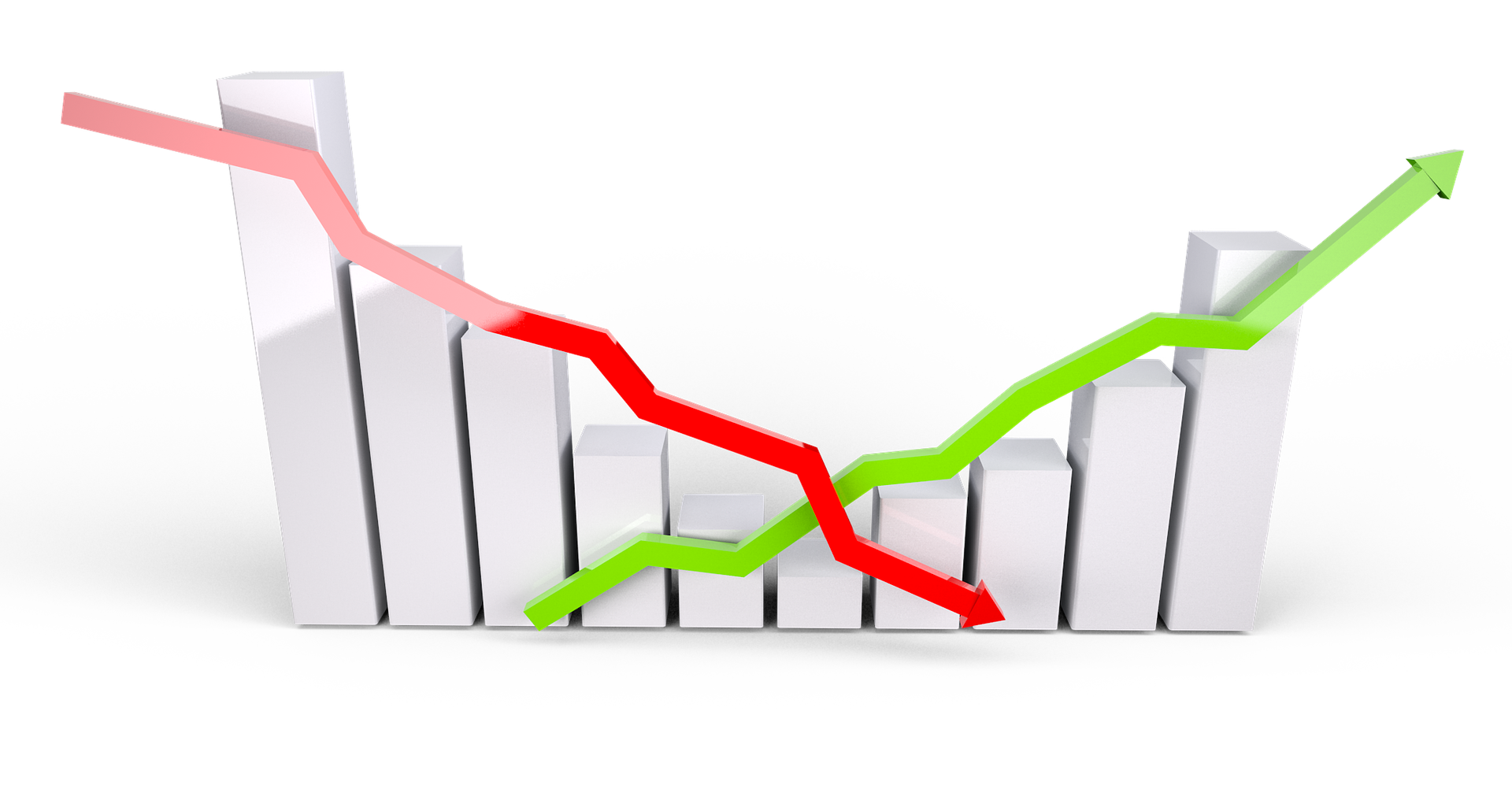How big would be the financial impact of the shutdown? During a government shutdown, federal employees in the executive, legislative, and judicial branches are potentially eligible for unpaid leave, leaving some “essential” workers still in the system. Social security checks, for example, are expected to remain unaffected.
Evercore ISI analyst Dennis DeBusschere noted that while global stocks are trending higher, the threat of a shutdown is weighing on the U.S. dollar. In the U.S, the Dow Jones Industrial Average is trading largely flat, while the S&P 500 nudged up 0.22%.
A shutdown could also have longer-term negative effects on the U.S. economy. “A shutdown would have a modest economic impact, provided it does not last very long. We estimate that each week of a shutdown would reduce real GDP growth in Q1 by 0.2 [percentage points, quarter over quarter] annualized.
The effects would be reversed the next quarter, however. Shutdowns have also tended to have modest effects on financial markets. Most of the notable shutdowns over the last few decades coincided with debt limit deadlines.
Even so, those led to only modest and temporary declines in equities and even smaller effects on Treasury yields and the dollar. With the debt limit deadline farther away, we would expect a muted initial reaction in financial markets to a shutdown.” said Goldman Sachs analyst Alec Phillips.
Horizon’s Chief Global Strategist Greg Valliere, meanwhile, noted that the real stakes lie in the politics in Washington, D.C. “A relatively brief shutdown will have a modest impact on the economy. The real stakes, at least initially, are political—who gets the upper hand as the spin battle begins ahead of the fall elections. Both parties can’t wait to blame each other; this is how Washington thinks.” He also noted that much of the government would continue operating despite the shutdown.
Much would be exempted: Social Security checks wouldn’t be affected. Air traffic controllers and TSA screeners would continue to work. FEMA would react to natural disasters. The Centers for Disease Control would stay open. Federal prisons and VA hospitals would not be affected. The Postal Service would deliver the mail. Military readiness would not be affected.
And this is just a partial list. All eyes are on the Senate to see what will transpire, now that the House has already passed a short-term spending bill.
Any damage to the economy is more likely to come from federal employees and contractors spending less during the shutdown. The money they would have spent at restaurants, shops, and other companies is an economic activity that won’t be recovered. If tourists cancel plans for travel to national parks during the shutdown, the hotels and other businesses that depend on those tourist dollars will also be hurt. Although many national parks remain open, they are usually not staffed.
But the strength of the current economy, with both consumer confidence and business confidence near a record high, should protect against a spending pullback. That confidence is one of the things that has been driving the stock market to new records. A significant correction could reduce household wealth and have an impact on the economy. But history suggests that investors shrug off government shutdowns as temporary events.
